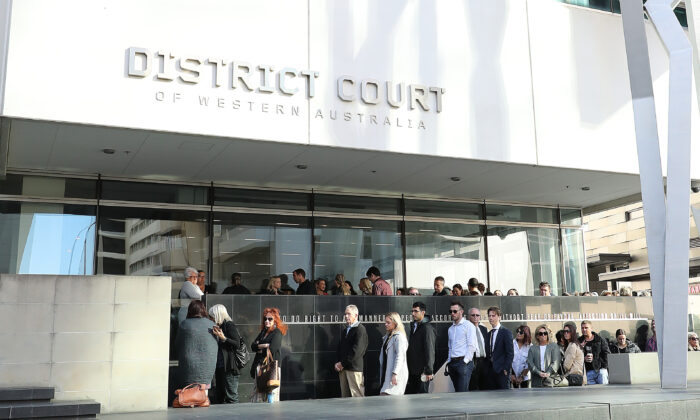Two Indigenous public housing tenants in Western Australia are facing eviction and have taken legal action against the government. Their lawyers argue that the Department of Communities’ use of no-grounds evictions and fixed-term public housing tenancies is unfair and legally unreasonable.
This legal challenge could impact over 1000 public housing tenants on fixed-term leases who could also face eviction without cause. Lawyer Kate Davis highlighted that Western Australia is the only state still using no-grounds evictions against public housing tenants, with a disproportionate impact on Indigenous families.
Davis emphasized the devastating consequences of evictions from public housing, particularly for Indigenous families, leading to homelessness and potentially pushing children into the justice system and state care.
She called for more support for families to remain in their homes rather than facing eviction. In response, WA Housing Minister John Carey defended the government’s social housing record, stating that evictions have decreased significantly, and the government is committed to supporting public housing tenants.
While Carey acknowledged that evictions are sometimes necessary for the safety of the community, he emphasized that the government tries to work with tenants and only resorts to eviction as a last option.
The cases are ongoing in the Supreme Court, with a return date set for July. The Department of Communities reported over 65,000 people living in more than 32,000 public housing units in WA, with fewer than 50 evictions last year.
Despite the reduction in evictions, the department noted that terminations are sometimes required for community safety, especially when other interventions have been unsuccessful.






